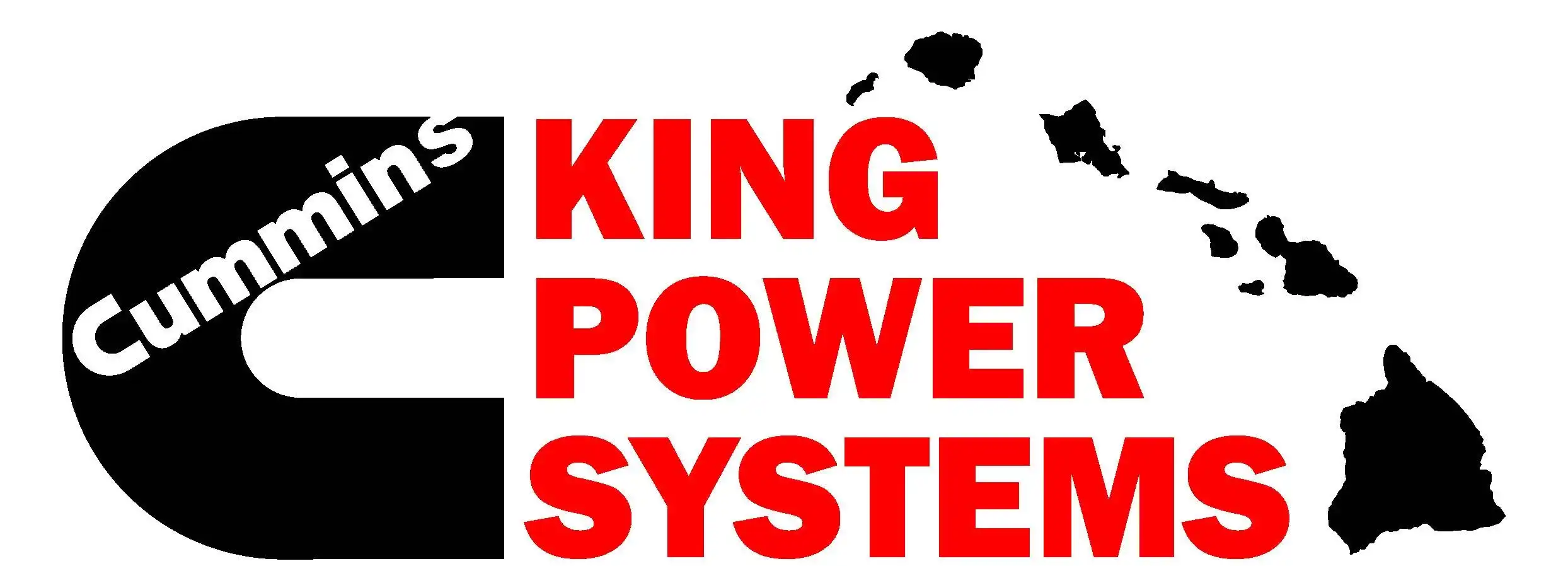DLNR Asks for Publicʻs Help Ahead of ‘Widespread and Severe Coral Bleaching’
Hawai’i’s coral reefs will be entering a major bleaching event within the next two months, if not sooner, the Department of Land and Natural Resources warned Friday.
“We know this bleaching event is coming and it’s probably going to be worse than the ones we experienced four and five years ago,” DLNR Division of Aquatic Resources administrator Brian Neilson explained a news release.
“West Hawai‘i experienced a 50 percent mortality rate and Maui experienced 20 to 30 percent mortality rates on fixed DAR monitoring sites. We’re asking for everyone’s help in trying to be proactive and to minimize any additional stress we put on our corals.”
According to the National Oceanic and Atmospheric Administration, rising sea temperatures are likely the cause of coral bleaching, and even death, in Hawai’i’s waters.
“Ocean temperatures are extremely warm right now across Hawai’i,” NOAA scientist Jamison Grove said in the release.
“They’re about 3 degrees Fahrenheit warmer than what we typically experience in mid-August. If the ocean continues to warm even further as predicted, we are likely to witness a repeat of unprecedented bleaching events in 2014 and 2015.”
During bleaching, coral changes color from normal browns, yellows, and greens to a nearly white color.
The process occurs when corals are stressed from environmental changes like rising temperatures.
“We’re already observing bleaching of corals in West Hawai‘i, along with some paling of other species at some of our long-term monitoring sites,” DLNR aquatic biologist Nikki Sanderlin said in the release.
According to NOAA, corals can recover from moderate levels of heat, but if heating is prolonged, they will die.
However, scientists say that reducing secondary stress on corals during these bleaching events can improve their chances of survival.
Below is a list of things you can do to help prevent coral death:
- Avoid touching corals or coral reefs while diving, snorkeling or swimming
- Do not stand or rest on corals
- Use reef-safe sunscreens
- Boaters should use mooring buoys or anchor only in sand areas
- Keep anchor chains off the reef
- Fishermen should reduce or stop their take of herbivores, such as parrotfish (uhu), surgeonfish & sea urchins. Herbivores clear reefs of algae, which over-grow and kill corals during bleaching events.
- Take extra precautions to prevent other potential contaminants from getting into the ocean:
- Dirt from poorly managed commercial and private earth-work
- Chemical pollution from fertilizers, soaps, detergents used in outdoor watering, car washing, etc.
- Other contaminants like oil from poor containment practices
“These are actually things we should be doing all the time, but it’s especially important now,” Neilson added in the release.
“We’d also like swimmers, snorkelers, and divers to report when and where they see both bleaching and healthy corals. Those healthy corals may provide valuable information about how some corals are better able to survive these types of events.”
The DLNR plans to introduce a new initiative in October that will require tour operators to inform their guests about good reef practices.
Numerous operators, like FairWind Big Island Ocean Guides on Hawai’i Island, are already educating guests by asking them to refrain from touching, standing, or sitting on the reef and to use reef-safe sunscreen products.
DLNR and NOAA are also using new technology to better understand the real-time extent of predicted bleaching events.
In the meantime, the public is being asked to report any instances of coral bleaching they witness here.









